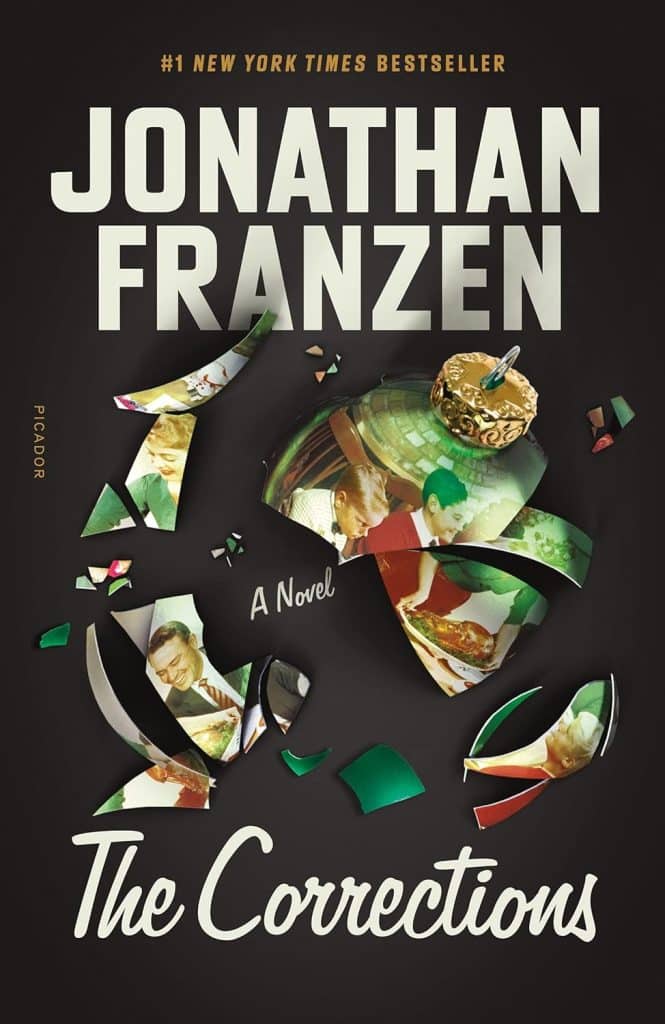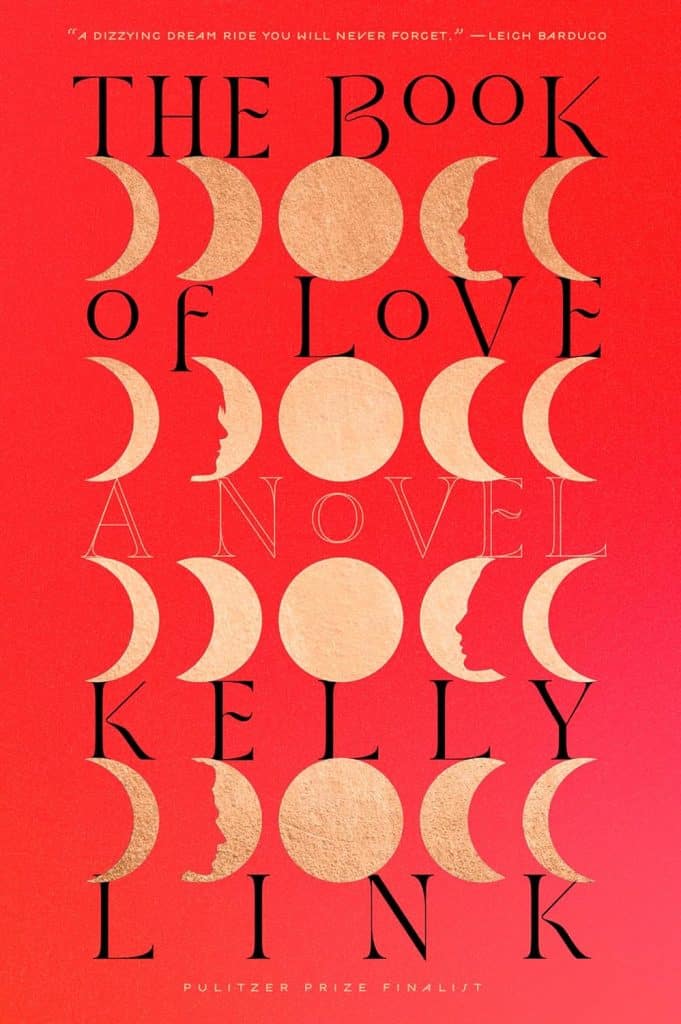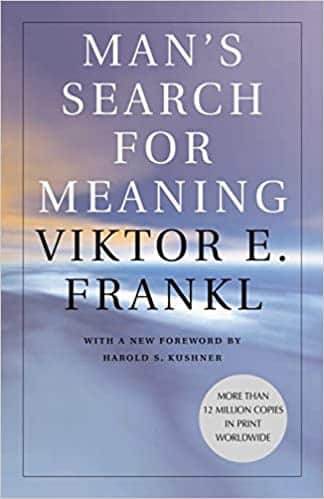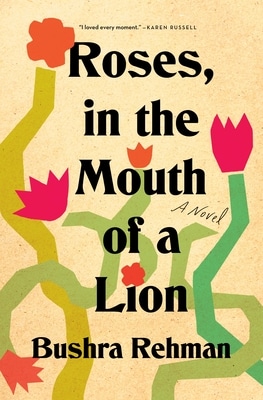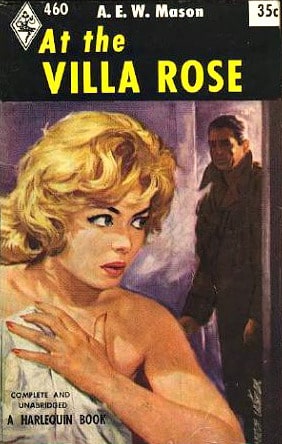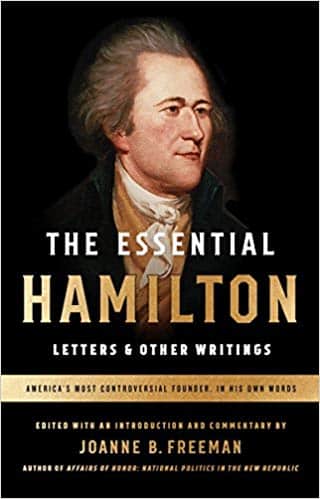
Life is Beautiful
Managing Beauty and Pain After Loss
Estimated reading time: 2 minutes, 3 secondsAt the start of the millennium, I used to answer phone calls for work and personal reasons by saying what a beautiful day it was. However, on the afternoon of September 11th, while I was at work, I answered the phone as usual, only to be corrected by the person I was speaking to that there was nothing beautiful about the attacks that had occurred that day. I apologized, and we continued our conversation.
I was reminded of this when I read Sarah Wildman’s guest essay in the NY Times, “I Am Trying to See What My Beautiful Daughter Saw.” Ms. Wildman poignantly writes about the loss of her teenage daughter. Both my wife, Jan, and Orli, Ms. Wildman’s daughter, spent their days finding beauty in an imperfect world.
The pain is always there for us. It will be waiting at the apartment when we return tonight, it will be lying next to us in bed or come to us when we wake; we always have it. But we have to let this beauty in, too. That will be the work of all the rest of our days: to hold this pain and this beauty side by side, without letting the one crush or crowd out the other. We have to let this beauty in, too.
As a widow, I faced a difficult decision. I could dwell on the worst day of my life and live in the past, or I could embrace the present and face an uncertain future. Though I would pay any price to bring my loved one back, I cannot. So, I choose to live in the present.
The sunrise this morning was genuinely breathtaking despite the scattered clouds. The sun’s rays persevered and created a moment of pure beauty. This reminded me to appreciate every moment in life, even during grief. Keeping our eyes open and seeing the beauty surrounding us is essential. Even in difficult times, like 9/11, we can still find moments of beauty and inspiration in life.
The Jan Lilien Education Fund sponsors ongoing sustainability and environmental awareness programs. Gifts made this month; I will match dollar-for-dollar. All donations are tax-deductible.
I receive a commission when you buy a book or product using a link on this page. Thank you for supporting Sharing Jan’s Love blog.
My Chrysalis Moment
Managing Beauty and Pain After Loss
Estimated reading time: 2 minutes, 3 seconds




